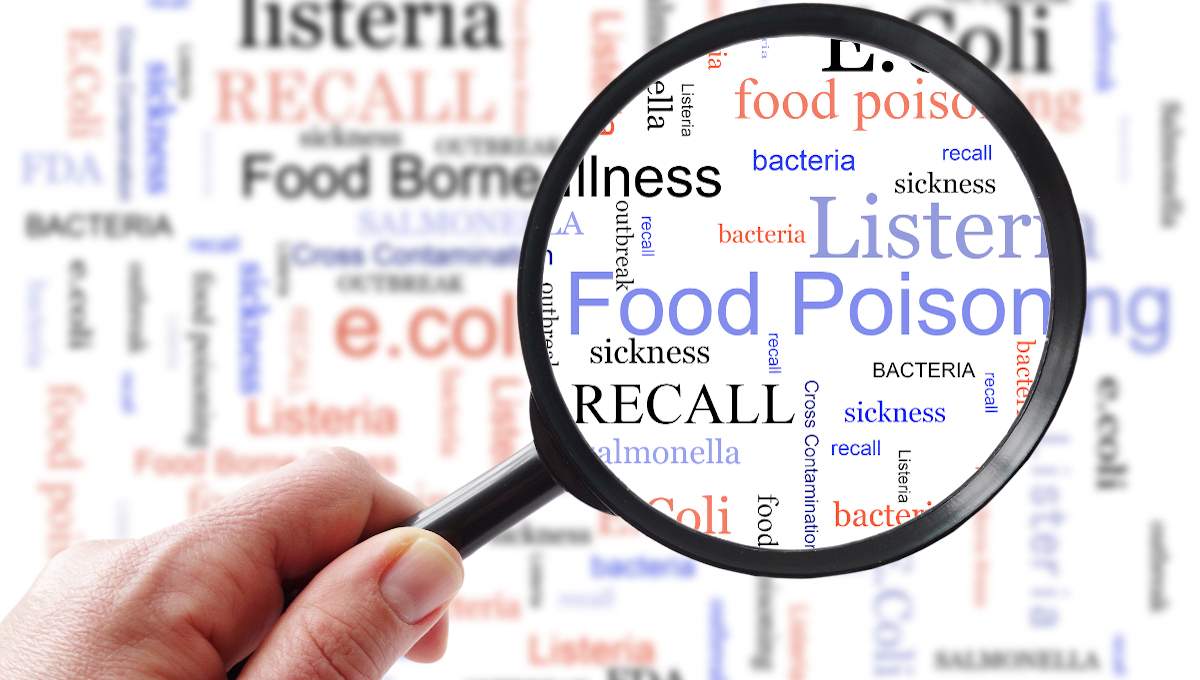According to a recent report, Campylobacter and Listeria infections have increased, but Salmonella and E. coli cases dropped in Ireland in the first three months of 2024. Campylobacter infections increased from 700 in Q1 2023 to 733 in Q1 2024.
Listeria infections rose from one to five. Salmonella cases decreased from 84 to 67, and Shiga toxin-producing E. coli (STEC) infections declined from 131 to 116.

Data comes from a report published by the Health Protection Surveillance Centre (HPSC) that includes foodborne illnesses from January to March 2024. It is the first one since such reports were halted after the Q4 2019 edition due to the impact of the COVID-19 pandemic. One Campylobacter outbreak was notified, with two people sick in a family setting.
Of 62 sequenced isolates, 57 were Campylobacter jejuni, and the others were Campylobacter coli. In the same period in 2023, there were four outbreaks. For the 60 Salmonella infections for which travel history was known, 50 percent of cases were travel-associated, and 50 percent were domestically acquired.
Among domestic cases, infection with Salmonella Typhimurium was more common, while Salmonella Enteritidis was more often found among travel-associated cases. Other serotypes caused 32 cases. Three family outbreaks were reported with six patients.
E. coli and Listeria data Most of the 116 E. coli cases were hospital inpatients or General Practitioner (GP) patients.
One case of hemolytic uremic syndrome (HUS) was reported, althoug.























